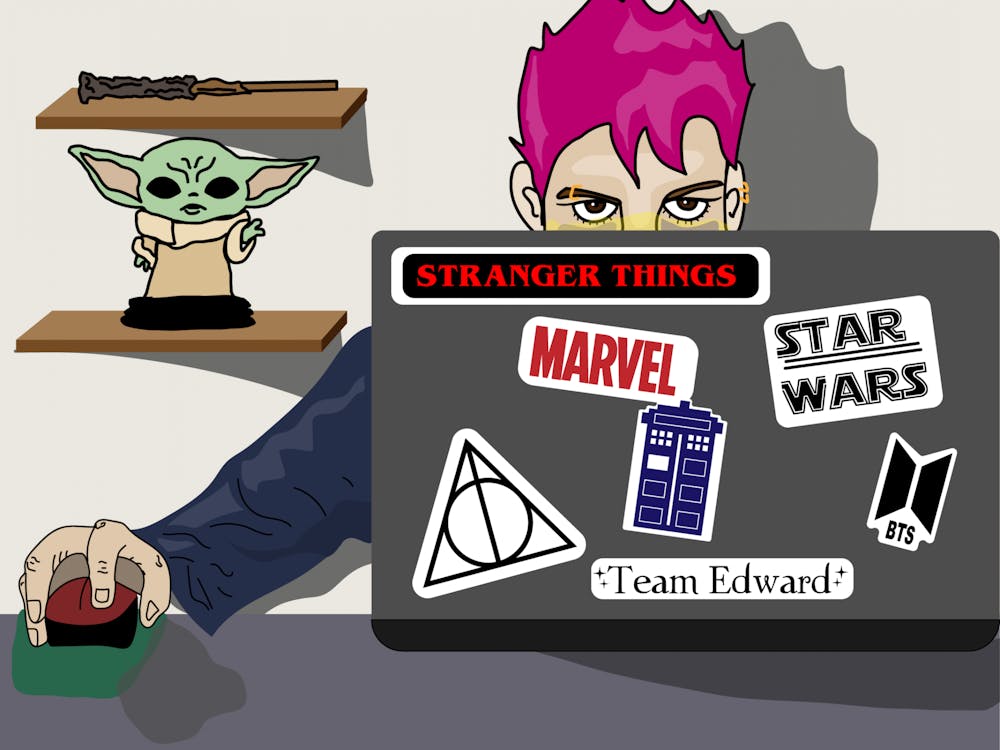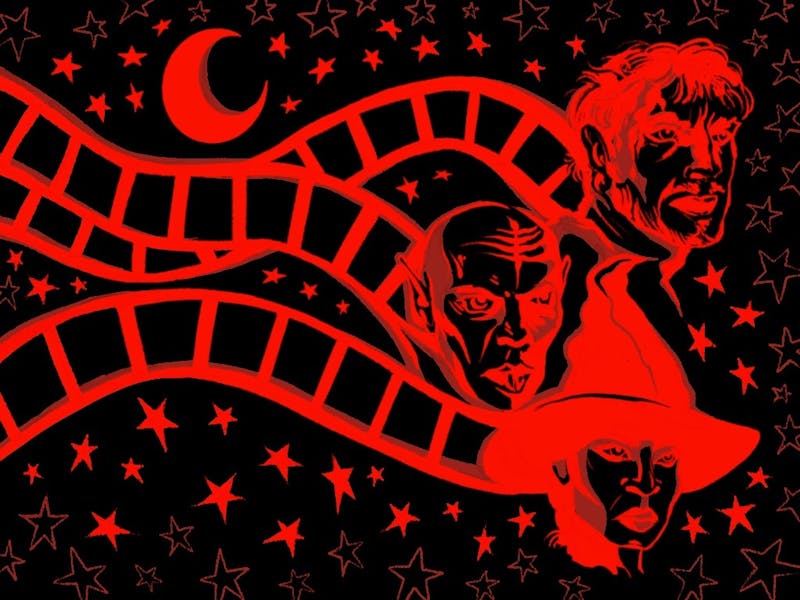Fanfiction has come a long way from what it used to be. People of all ages and backgrounds have employed this form of fictional literature as a means of expressing endearment, gratitude and a sense of community as fans. You may associate the rise of fan culture with websites like Tumblr, Wattpad or Archive of Our Own: places where fans go to publish stories central to their favorite characters or celebrities.
But, the existence of these “fandoms” may be older than you think. In fact, fans of the 1887 novel "A Study in Scarlet" were so upset with Sherlock Holmes' death that they wrote letters to the author, begging to resurrect his character.
These actions also led to what many believe were the first fanfictions, in which the readers created alternate endings for Holmes’ fate. Their devotion proved beneficial as Doyle did end up bringing Holmes “back to life.”
As the World Wide Web steadily grew throughout the 1990s, along came new ways for fans to interact with their favorite works. The first purely fanfiction database, FanFiction.net, came about in 1998. At the same time, JK Rowling released the second installment of her series, "Harry Potter". Rowling’s series quickly became one of the most prolific muses for fanfiction, yielding nearly 400,000 results on ArchiveofOurOwn.org.
One of the most famous contemporary examples of fanfiction is "50 Shades of Grey". Though names were changed for copyright purposes, E.L. James’ novel was originally a "Twilight" fanfiction, in which Stephanie Myers’ protagonists were put into a different setting. This is a technique many fanfiction authors call “alternative universe,” or “AU” for short. In this case, Bella and Edward were no longer in the small city of Forks, Washington, but rather the Seattle metropolitan area.
These alternative universes are also created using real people. In 2018, it was revealed that an extremely popular Harry Styles fanfiction, "After", was being adapted into a multi-million dollar film. The original work was a college AU, in which Styles falls for a student named Tessa. Of course, the name of Styles’ character was changed before the film’s release.
Despite the success of "After" and four other installments of the series, controversies arose around the ethics of publishing work about celebrities. Many wondered if it was appropriate to make up scenarios about these people.
April, a student at UofSC and avid fanfiction reader, assures that most of these fanfictions are harmless. “It doesn’t really seem to project fake things onto their real personalities,” she said about her friends’ stories about the K-Pop group, BTS.
The so-called “creepy” subtext of these fanfictions has contributed to the taboos around the term "fandom."
Colleen Etman, an educator at UofSC, opened up about her experience teaching a course about fanfictions within these fandoms. Her students, however, didn't seem to share the same passion.
“Well, you're actually in fandoms,” Etman told her students, going on to explain that even the sports teams you like, or the singers you enjoy listening to, can be included under the umbrella term.
She also believes in fanfiction's ability to transform and encourage interaction among the respective media's audience. “Fanfiction (is a way) of creating new work related to the media that you’re talking about,” Etman continued. “They are, literally in some cases, a love letter [to the original media].”
Regardless of how fans choose to interact with their fandoms, the internet has unquestionably led to a new era of interconnections among those with similar interests. Readers and moviegoers should expect a rise in literature derived from fanfictions and not underestimate the potential of amateur creations.



